US website: Israel trapped in Hezbollah 'strong deterrence' net
A leading US news website says Hezbollah has established a high level of deterrence in southern Lebanon where as many as "150,000 rockets and missiles" are pointed at Israel.
Israel’s forces this week moved specialized military units north to reinforce their increasingly tense outposts along the Lebanese and Syrian borders.
Israeli officials described it as the most significant build-up in years, prompted by fears of a major operation by Hezbollah, Lebanon’s popular resistance movement.
According to Business Insider, a fast-growing American financial and business news website, "the movement shed light on Israel’s impossible situation" along the Lebanese border.
"To the Israelis, the build-up is an intolerable threat — but also one it can only remove with huge loss of life and capital, which it has thus far been unprepared to commit," it said.
Israel has conducted scores of strikes against Hezbollah positions in Syria and Lebanon since the outbreak of the war on Syria eight years ago.
With Hezbollah busy helping Syria defeat foreign-backed terrorism, the Lebanese border has been relatively quiet for Israel.
According to Insider's sources in Israeli military circles, this relative calm may be about to end, the website said.
"It is militarily unacceptable" that Hezbollah has 150,000 missiles and rockets pointed at Israel, said a former senior Israeli official who asked not to be named as he was criticizing the current Israeli regime on security matters.
Hezbollah, the official said, has "laid a very dangerous trap for us in the north and I am not clear on how there can be a military solution to this crisis that would come at an acceptable cost."
The source touched on Hezbollah's "three-decade-long program of developing hidden and protected missile and rocket launch sites throughout southern and eastern Lebanon that are nearly impossible to interdict with airstrikes," the website said.
The movement can pour dozens if not hundreds of rockets into Israel throughout the northern third of the occupied territories "almost unimpeded", it said, adding larger, more advanced, systems are capable of hitting the entire territory.
The Israeli military, the official, said "is not capable of conducting an operation in Lebanon to stop the rockets and missiles fast enough to avoid enormous political and economic damage."
"To do so would require a full-scale invasion of Lebanon that would send units deep into the Hezbollah 'Nature Reserves' to chase down individual launchers while also battling the group militarily," the official said.
"This would lead to huge numbers of casualties on the ground as well and there's little reason to think the rockets could be stopped for weeks in this scenario," the official said.
Hezbollah says the rockets and missiles are meant to deter Israeli aggression against Lebanon.
According to Avi, a former military intelligence official who asked to be identified only by his first name, Hezbollah has spent 30 years developing a strong deterrence "that would have been unimaginable to the Israel of the 1970s."
Israel launched two wars on Lebanon in 2000 and 2006, in both of which Hezbollah inflicted heavy losses on the regime’s military and forced it to retreat.
In 2006, Israeli forces were stunned to realize that Hezbollah had turned most of southern Lebanon into hardened fortifications that could not be seen by air, Business Insider said.
"Hezbollah has designed its military capability very carefully and with a singular focus: As long as rockets are landing on Israel and the Israeli people are living in bunkers, Hezbollah is winning," Avi said.
"Hezbollah's leadership believes it can take the pain of a conflict longer than Israel can and they are probably right," added Avi, who according to Insider worked in south Lebanon during the 1978 to 2000 occupation.
According to Avi, "it's a nice trap that the Iranians set for us, and I am afraid our leadership spent the last 30 years just blindly walking into it."
Last moth, Hezbollah member Ali Kamel Mohsen was killed in an Israel aerial assault near Damascus international airport.
Terrified of Hezbollah’s retaliation, Israel sent a message to the Lebanese resistance movement saying that it didn’t intend to kill the resistance fighter in its aggression on Damascus.
Recently, Israel claimed border clashes with Hezbollah fighters, which the resistance group rejected as fake, saying the regime was seeking to boost the morale of its troops by fabricating “fictitious victories”.
US military industry is major driver of global environmental destruction: IRGC deputy chief
Yemen’s Ansarullah warns of US, Israel soft war on West Asia nations
‘Decaying empires turn to savage control previously used abroad at home’
VIDEO | Myanmar votes in last and third phase of military-run election
Iranian pharmaceutical industry flourishing
Netizens react with outrage to another ICE murder in Minneapolis
VIDEO | Iran’s Emergency Medical Services suffered $2.14m in damage during unrest: Director
Discover Iran: Hormozgan’s coastal villages blend sea, culture and community tourism




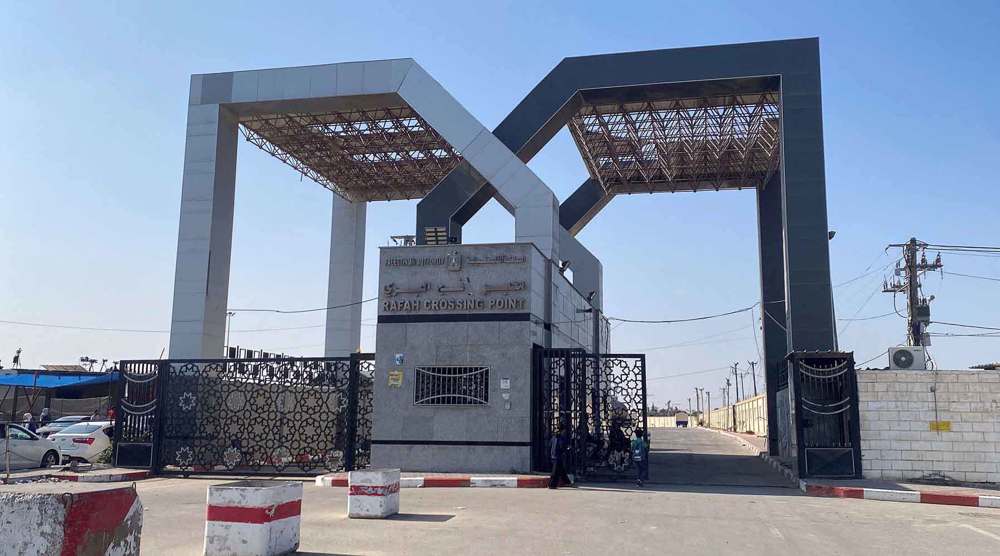
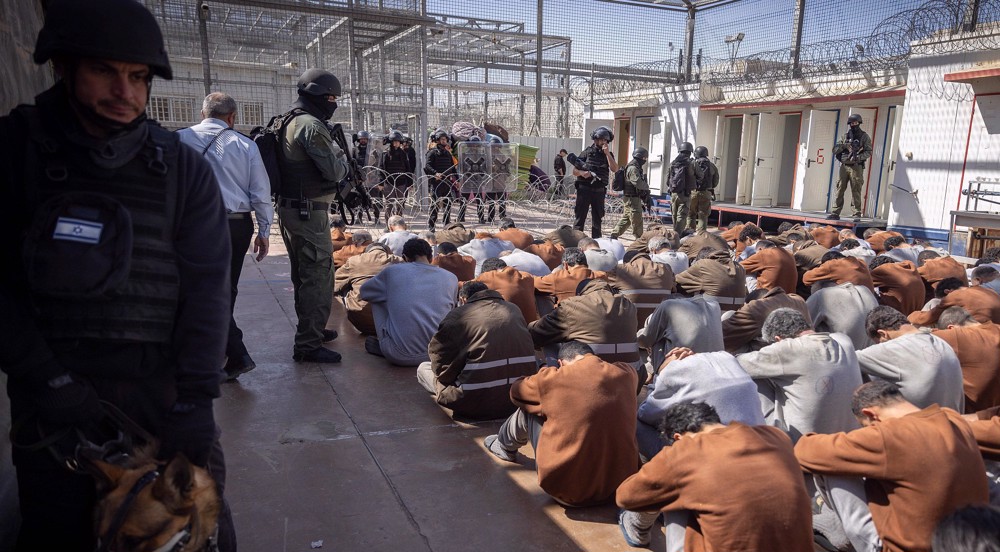
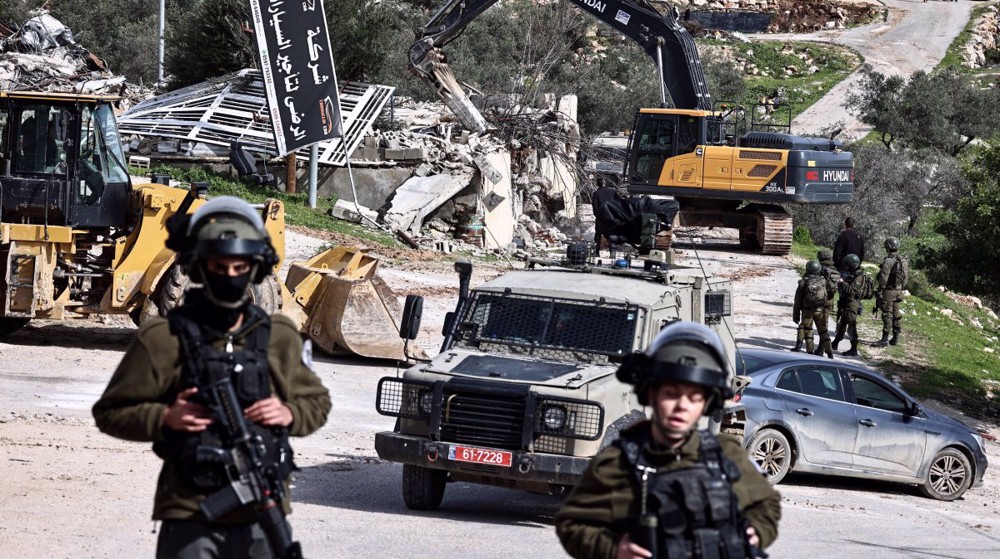






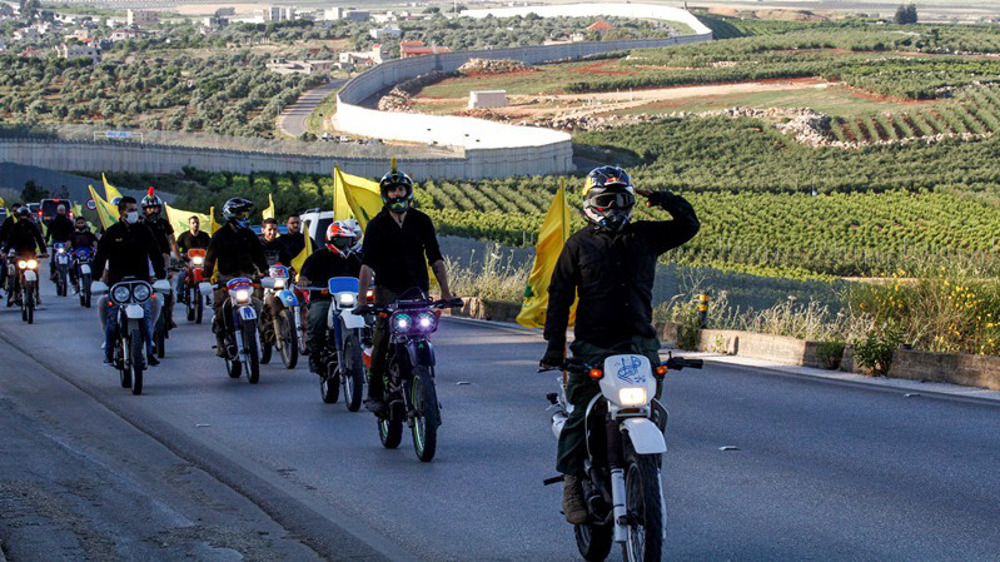
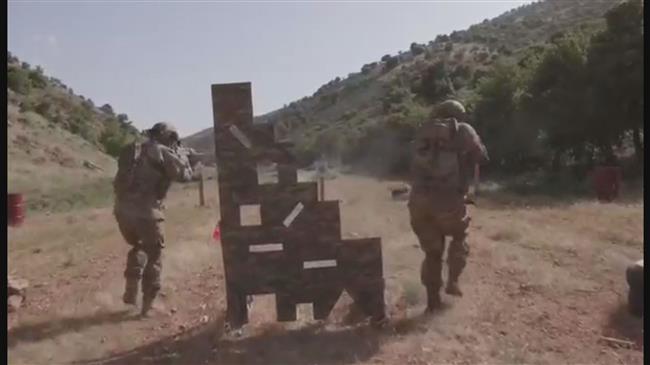

 This makes it easy to access the Press TV website
This makes it easy to access the Press TV website